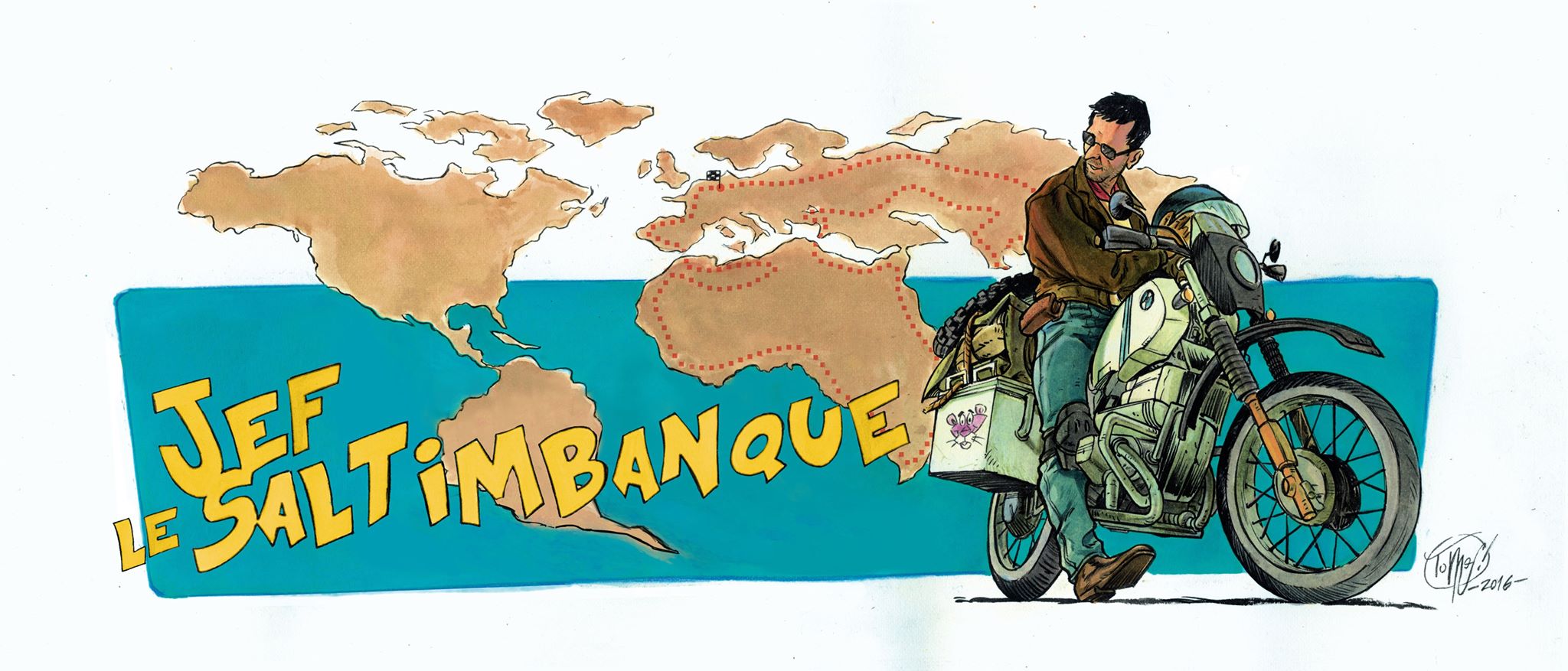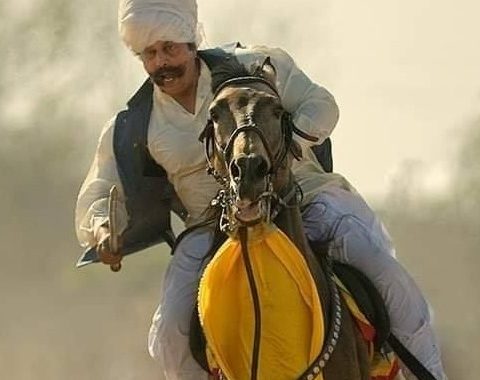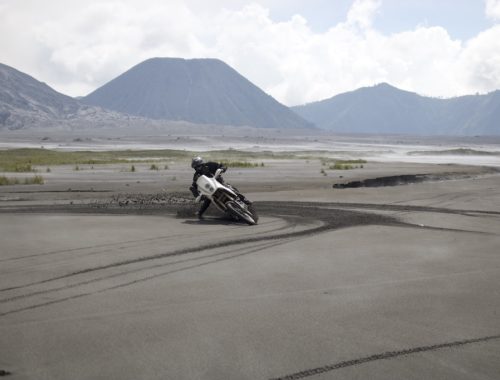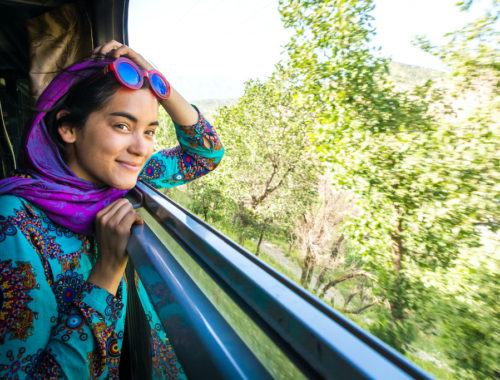Cet article est également disponible en : Français
I’m sitting, half-asleep, in fact, on the terrace of a café in Göreme, Cappadocia. It’s one of the few places I like to visit. It’s a rather unique place where I like to get lost on long hikes. Having said that, it’s hard to leave Utopia alone with all the equipment on it. In fact, she gave me a bad surprise this morning: clutch cable half severed. It was repaired within the hour but I don’t have any spare part left if the second one broke.
I hope to meet Sjaak, a Dutchman not flying but certainly crazy, whom I’ll tell you about another time. Our roads must cross each other but as much as possible, I would like to avoid them crossing while driving… So I hesitate to leave, he’s not far away. So, and since I’m here, I decided to tell you a story, true, about a passion that has transformed the region.
I hesitated about the title. “Story of a Startup”, “From Passion to Business”, or “Mercantilism When You’ve Got Us.”
Finally, I decided to call it “Once upon a time.”
Once upon a time,there was a young british student named kaili. One day as a summer job, she became a team member for a company organizing tourist stays with hot-air balloon flights for Americans in the Loire Valley castles. The chief pilot was Michel Bergounioux, one of the pioneers of hot air ballooning in France. He had become a pilot after following a balloon until it landed. He asked the oddball that came out of the balloon how to become a pilot himself. A few years later, he met his wife, Monika, while landing in front of his house. You can’t make up love stories that start like that. In the summer he flew in France, and in the winter in the USA at Monument Valley. If you had, as a child, an Ushuaia schoolbook with a drawing of a hot-air balloon, you should know that it was a reproduction of his.
Coming back to Kaili, she discovered a passion for ballooning and soon became a pilot herself. One day, she left with her companion, Lars, himself a pilot, to make some test flights in Cappadocia. They fell in love with the place and when a hotel owner offered them to start a business and hire them as salaried pilots, they immediately accepted. The partnership lasted two years, and the hotelier decided to stop: the business was not profitable. It was probably the worst decision of his life. Lars and Kaili did not want to give up and sold all their belongings to buy two balloons and the necessary vehicles. That was in 1991.
For the record, the balloons were from Ultra Magic, a Spanish company, created by 3 friends a few years earlier, after they undertook in 1981 to reproduce the trip imagined by Jules Vernes: “5 weeks in a balloon”. Their journey lasted 11 months, from Zanzibar to Congo, at the end of which they spent 3 weeks extracting their balloon from the equatorial jungle where they had made their last landing.
Coming back to Lars and Kaili, the first years were difficult: flights were expensive, customers were few. Nevertheless, they managed to hire a third pilot in 1998: Mike. Little by little, the business became profitable, so much so that in 2001 the first competitor company came in.
There were more and more balloons in the air in the early morning, the guides began to talk about it and in the 2000s it was the explosion: about 20 balloons in total in 2004, 50 in 2009, 70 in 2011 and up to 150 in recent years for about twenty companies. The whole economy of the region was upset. A commercial balloon of the size of those found here represents an average of 5 to 7 people per balloon (the pilot, the bus driver for customers and ground crew) or nearly 1000 people working directly for the balloons, not counting administrative staff. More and more farmers left their fields to become team members. All the more so as they were receiving compensation from balloon companies to compensate for crop losses due to the landing of the balloons. Kaili and Lars sold their business and retired in 2009. This was a turning point. What was a passionate business became a business driven by financiers, whose main concern was profitability. This gave rise to numerous abuses, which led to an increase in the number of incidents and even flight accidents, which in turn led to a tightening of regulations. More and more pilots were trained in Turkey and salaries fell sharply.
Foreign pilots deserted the site – Mike now flies in Kenya.
That’s how two enthusiasts transformed the economy.
Kaili died of cancer in November 2018. Thank you to her and to Lars and Mike for all the flights I was able to make thanks to them in this region. These are unforgettable memories.






No Comments